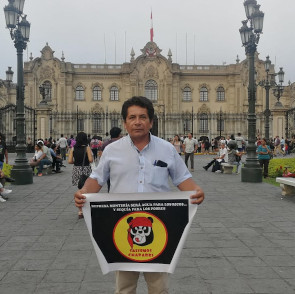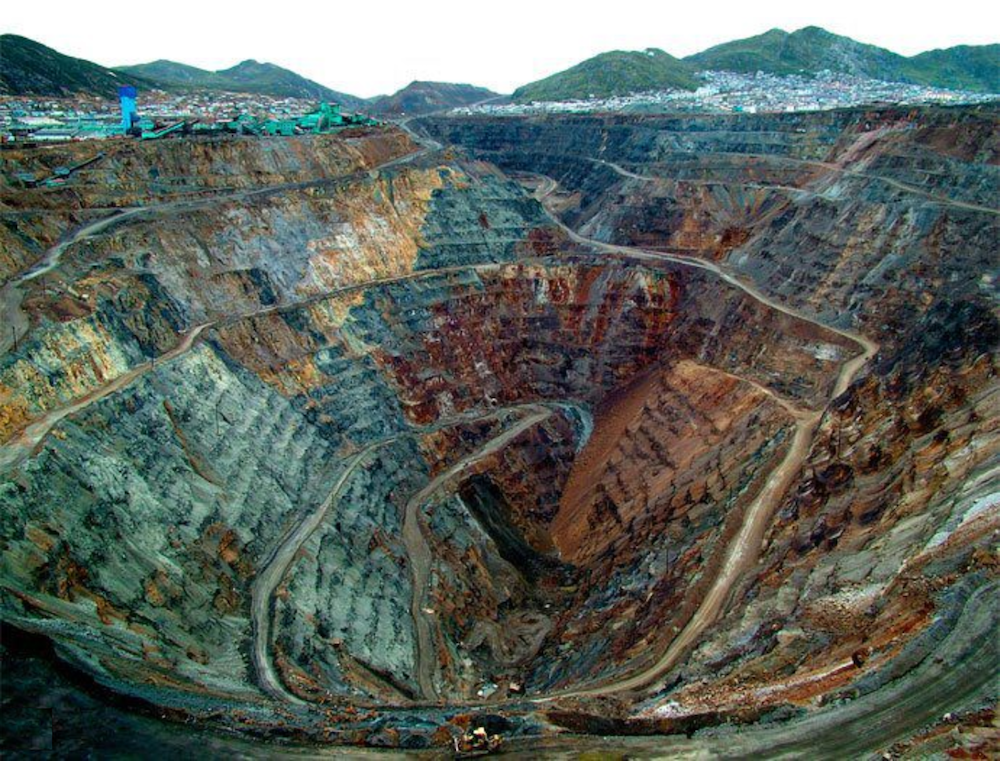
Edivar Juan Carrasco Vásquez
Edivar Juan Carrasco Vásquez is a member of Frente de Defensa Salvemos Chaparrí (Save Chaparrí Defense Front), an organisation of members of Santa Catalina de Chongoyape community and of Asociación para la Conservación de la Naturaleza y Turismo Sostenible Chaparri - ACOTURCH (Association for the Conservation of Nature and Sustainable Tourism) dedicated to the defense and conservation of the natural reserve "Área de Conservación Privada Chaparrí". The Chaparrí reserve, located between Lambayeque and Cajamarca regions, was created in 2001 as the first Private Conservation Area (ACP) of Peru, to protect more than 34 thousand hectares of tropical dry forests and endangered animals, such as the spectacled bear and the Aliblanca turkey. These vast natural reserve is under threat by "land dealers's" the illegal activities, such as usurpation, occupation of land and fraudulent change of land use, which often result in violent confrontations. Community members part of the Defense Front have denounced that, over the last few years, they have been targets of harassment, verbal and physical violence, monitoring, arbitrary separation from the community and death threats. On 30 December 2017, Lieutenant Governor José Napoleón Tarrillo Astonitas, a community leader in El Mirador village who opposed the entry of people foreign to the community, was murdered in his home. After the murder of José Tarrillo, the threats and harassment against the members of the Defense Front have increased. Edivar Juan Carrasco Vásquez is currently the president of Santa Catalina de Chongoyape community.


